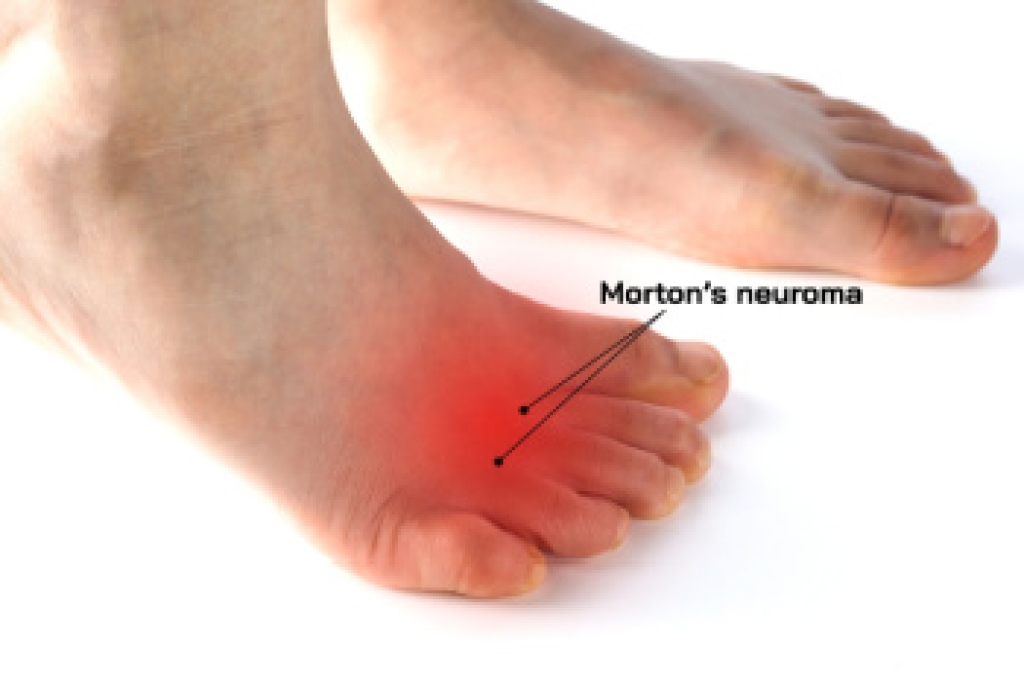
Gout is a painful type of arthritis that often affects the big toe, but can also impact other joints in the feet and ankles. It is more likely to occur in men over 40, postmenopausal women, and individuals with a diet high in red meat, seafood, or alcohol. Gout develops when uric acid builds up in the blood and forms sharp crystals in the joints. These crystals cause sudden episodes of severe pain, redness, swelling, and warmth, often waking people at night. The affected area may appear shiny, inflamed, and extremely tender to the touch. A podiatrist can help diagnose gout through physical examination, imaging, and laboratory testing to measure uric acid levels. Treatment may include medication to reduce inflammation and pain, dietary changes, and long-term management to prevent future flare-ups. If you experience symptoms of gout, it is suggested that you make an appointment with a podiatrist to receive proper care and relief.
Gout is a foot condition that requires certain treatment and care. If you are seeking treatment, contact one of our podiatrists from Florida Ankle & Foot Institute. Our doctors will treat your foot and ankle needs.
What Is Gout?
Gout is a type of arthritis caused by a buildup of uric acid in the bloodstream. It often develops in the foot, especially the big toe area, although it can manifest in other parts of the body as well. Gout can make walking and standing very painful and is especially common in diabetics and the obese.
People typically get gout because of a poor diet. Genetic predisposition is also a factor. The children of parents who have had gout frequently have a chance of developing it themselves.
Gout can easily be identified by redness and inflammation of the big toe and the surrounding areas of the foot. Other symptoms include extreme fatigue, joint pain, and running high fevers. Sometimes corticosteroid drugs can be prescribed to treat gout, but the best way to combat this disease is to get more exercise and eat a better diet.
If you have any questions, please feel free to contact our offices located in Tavernier, Marathon, and Key West, FL . We offer the newest diagnostic and treatment technologies for all your foot care needs.







